The retail industry is one of the most important sectors of the economy. With annual sales of more than $4.5 trillion in the U.S. alone, retail is a major engine of economic growth and employment.
Accounting for roughly a third of GDP, retail activity is often used as a barometer for the health of the economy as a whole. Retail is also incredibly diverse, spanning a range from the mom and pop corner store to some of the largest companies in the world. Woven deeply into the fabric of our entire economy and local communities, retail has the power to create massive benefit to society.
Retail Horizons is a program to support the industry’s drive to sustainability. This project – led by Retail Industry Leaders Association and Forum for the Future, and sponsored by Target and Unilever – is designed to help retailers take action to safeguard their future, protect our environment, and improve the lives of their customers, workers, and suppliers.
The future is likely to be dramatically different from today, in ways that we cannot predict. To explore some of the possibilities, we have created four scenarios; Rust Belt Renewal, Double or Nothing, Networked Nation and Predictive Planet, each of which depicts some of the potential challenges and opportunities ahead for the retail industry.
The scenarios cover a wide range of issues and raise important discussion topics for retail, such as:
- How will technology continue to change the retail industry, including how people obtain and exchange goods and services?
- What sorts of impacts might differing energy prices have on retail supply chains?
- What are the implications of resource shortages and climate change?
- How could geopolitical changes impact global trade and supply chains?
- What will the relationship be like between businesses and consumers?
Download the Retail Horizons
Scenarios and why we use them
Although we cannot predict how the world will change over the next 25 years, we can be confident that it will be very different from today. Future scenarios are a powerful tool to help us imagine different possible future worlds and to better understand how key trends are shaping our world today. They are not predictions or depictions of desirable futures that we wish to promote, and they do not represent our vision of a sustainable future; rather, they aim to challenge, inspire and excite, so that we feel motivated to plan for a better, more sustainable future.
Interested in learning more?
Learn how to apply futures for systems change and become a system change agent
Visit the School of System Change


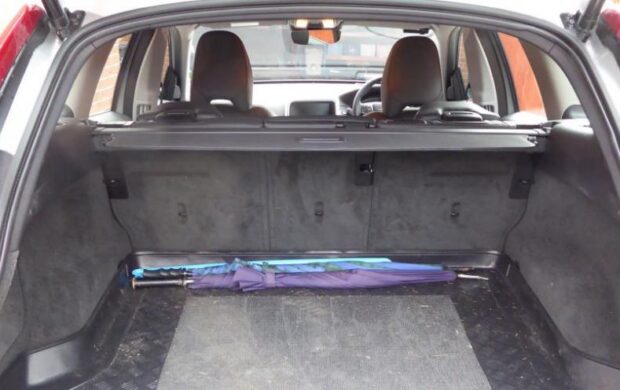


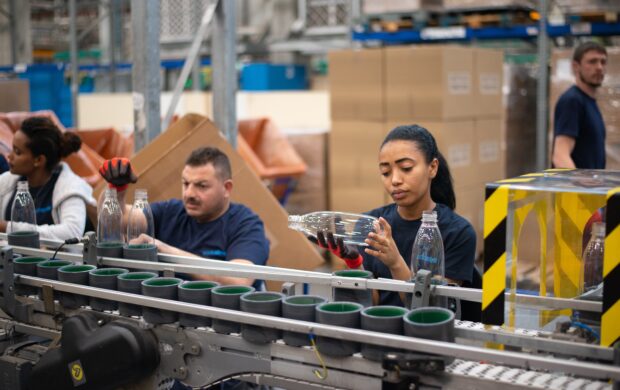
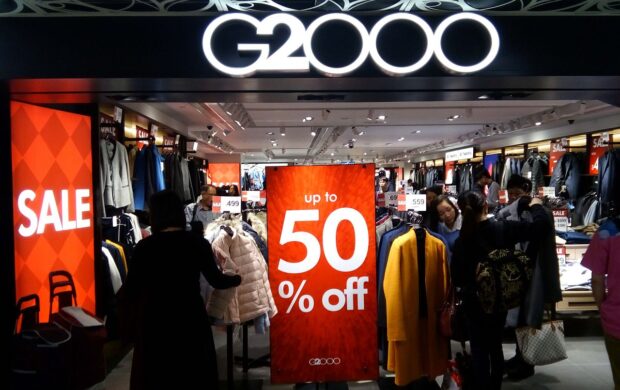
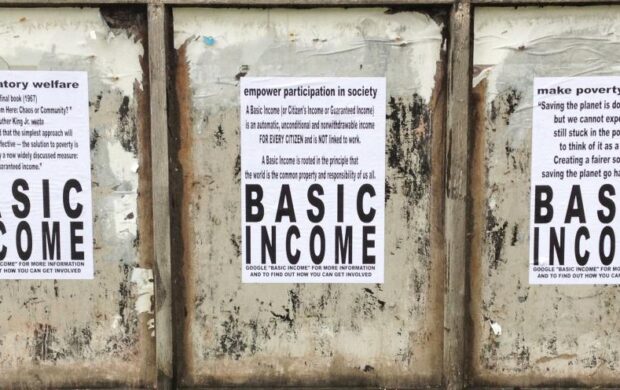

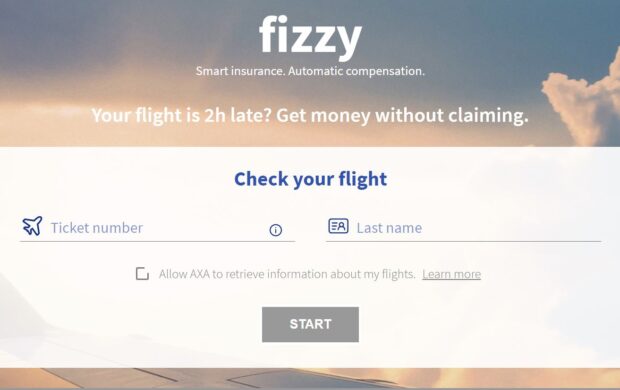



Join discussion